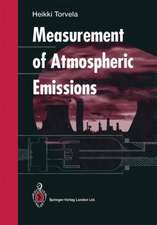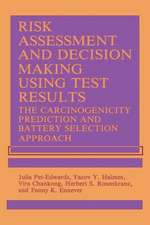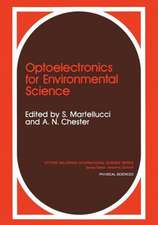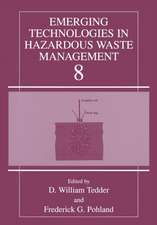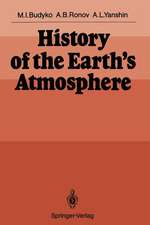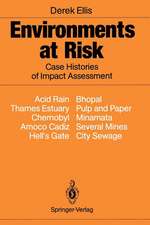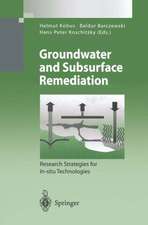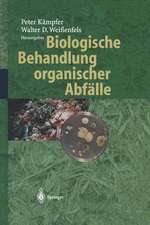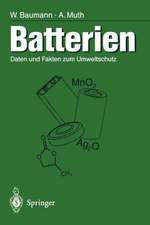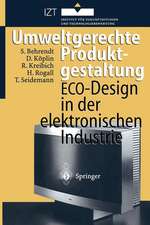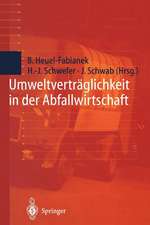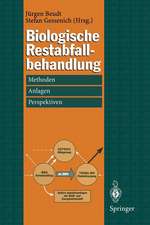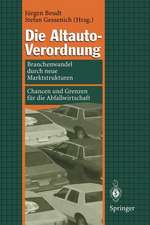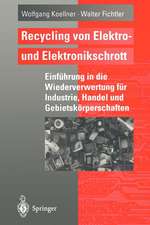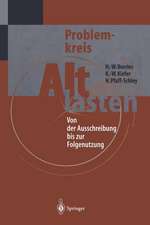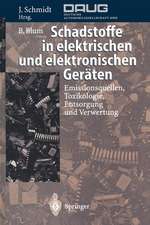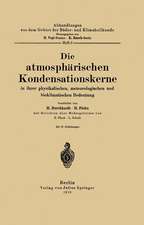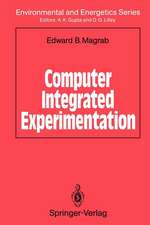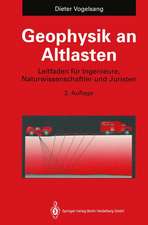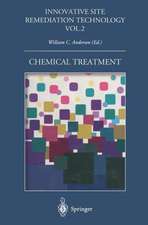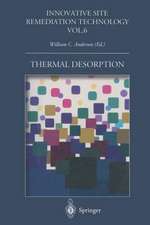Prospects of Organic Waste Management and the Significance of Earthworms: Applied Environmental Science and Engineering for a Sustainable Future
Autor Katheem Kiyasudeen S, Mahamad Hakimi Ibrahim, Shlrene Quaik, Sultan Ahmed Ismailen Limba Engleză Hardback – 22 dec 2015
| Toate formatele și edițiile | Preț | Express |
|---|---|---|
| Paperback (1) | 557.75 lei 38-44 zile | |
| Springer International Publishing – 28 mar 2019 | 557.75 lei 38-44 zile | |
| Hardback (1) | 576.05 lei 38-44 zile | |
| Springer International Publishing – 22 dec 2015 | 576.05 lei 38-44 zile |
Din seria Applied Environmental Science and Engineering for a Sustainable Future
- 18%
 Preț: 727.00 lei
Preț: 727.00 lei - 15%
 Preț: 645.28 lei
Preț: 645.28 lei - 15%
 Preț: 653.14 lei
Preț: 653.14 lei - 18%
 Preț: 892.90 lei
Preț: 892.90 lei - 18%
 Preț: 951.47 lei
Preț: 951.47 lei - 18%
 Preț: 1003.38 lei
Preț: 1003.38 lei - 15%
 Preț: 639.73 lei
Preț: 639.73 lei - 19%
 Preț: 596.62 lei
Preț: 596.62 lei - 18%
 Preț: 1388.05 lei
Preț: 1388.05 lei - 24%
 Preț: 935.52 lei
Preț: 935.52 lei - 15%
 Preț: 641.71 lei
Preț: 641.71 lei - 15%
 Preț: 644.30 lei
Preț: 644.30 lei - 18%
 Preț: 1113.89 lei
Preț: 1113.89 lei - 18%
 Preț: 725.61 lei
Preț: 725.61 lei - 18%
 Preț: 895.27 lei
Preț: 895.27 lei
Preț: 576.05 lei
Preț vechi: 720.07 lei
-20% Nou
Puncte Express: 864
Preț estimativ în valută:
110.22€ • 115.08$ • 91.23£
110.22€ • 115.08$ • 91.23£
Carte tipărită la comandă
Livrare economică 01-07 aprilie
Preluare comenzi: 021 569.72.76
Specificații
ISBN-13: 9783319247069
ISBN-10: 3319247069
Pagini: 259
Ilustrații: XII, 259 p. 69 illus., 16 illus. in color.
Dimensiuni: 155 x 235 x 16 mm
Greutate: 0.67 kg
Ediția:1st ed. 2016
Editura: Springer International Publishing
Colecția Springer
Seria Applied Environmental Science and Engineering for a Sustainable Future
Locul publicării:Cham, Switzerland
ISBN-10: 3319247069
Pagini: 259
Ilustrații: XII, 259 p. 69 illus., 16 illus. in color.
Dimensiuni: 155 x 235 x 16 mm
Greutate: 0.67 kg
Ediția:1st ed. 2016
Editura: Springer International Publishing
Colecția Springer
Seria Applied Environmental Science and Engineering for a Sustainable Future
Locul publicării:Cham, Switzerland
Public țintă
ResearchCuprins
1. Introduction to organic wastes and its management.- 2. An Introduction to anaerobic digestion of organic wastes.- 3. Composting – a traditional practice of waste treatment.- 4. General Introduction to earthworms, their classifications, and biology.- 5. Important digestive enzymes of earthworm.- 6. Microbial ecology associated with earthworm and its gut.- 7. Optimal conditions and environmental factors involved in breeding earthworms for vermicomposting.- 8. Vermicomposting – an earthworm mediated waste treatment technique.- 9. Vermicompost, its applications and derivatives.- 10. Vermifiltration of organic wastes: Palm oil mill effluent (POME).- 11. Earthworm based products, scope and future perspectives.- 12. Organic waste management practices and their impact on human health.
Textul de pe ultima copertă
The main aim of this book is to bridge the gap between aerobic and anaerobic waste treatments by concentrating on studies of earthworms. In particular, vermicomposting is being discussed as well as its properties and applications. Other subjects touch on the treatment of palm oil mill effluents, the various importance of earthworms, its scope and future aspects of earthworm research, and the impact of waste management practices on human health.
Caracteristici
Provides detailed information regarding current organic waste management practices Deeply illustrates the role of earthworms in waste management protocols Summarizes the latest studies and protocols in organic waste management Broadens the understanding of earthworm related products and its applications Clarifies the impact of waste management practices and its effects on humans

